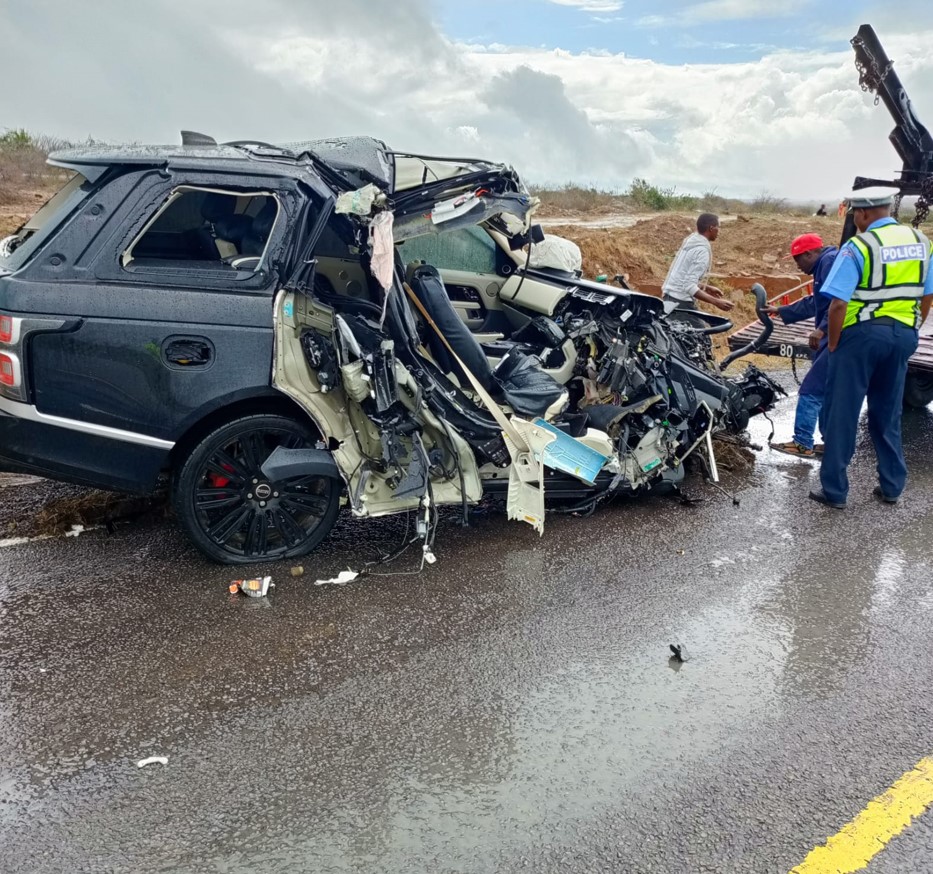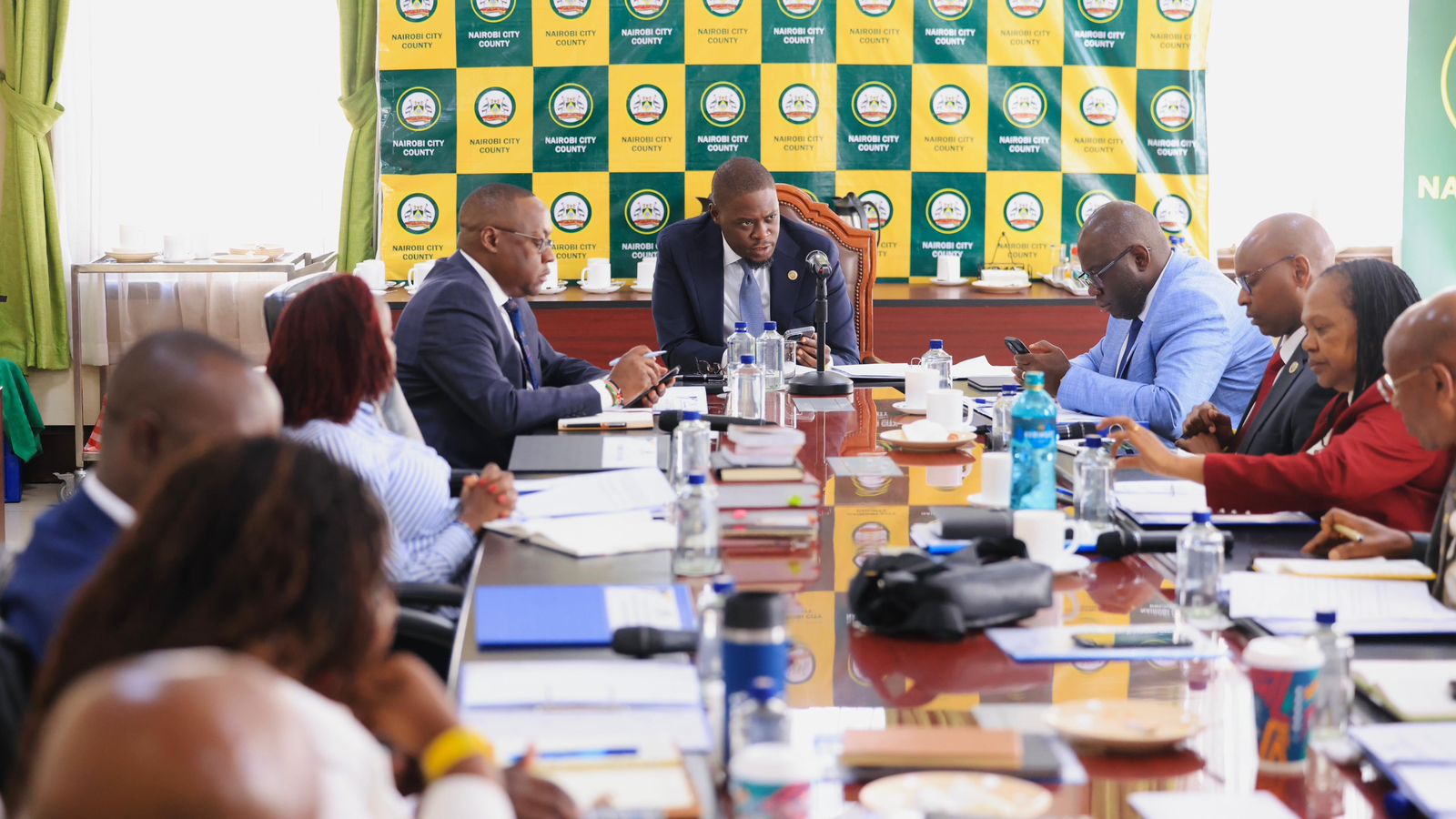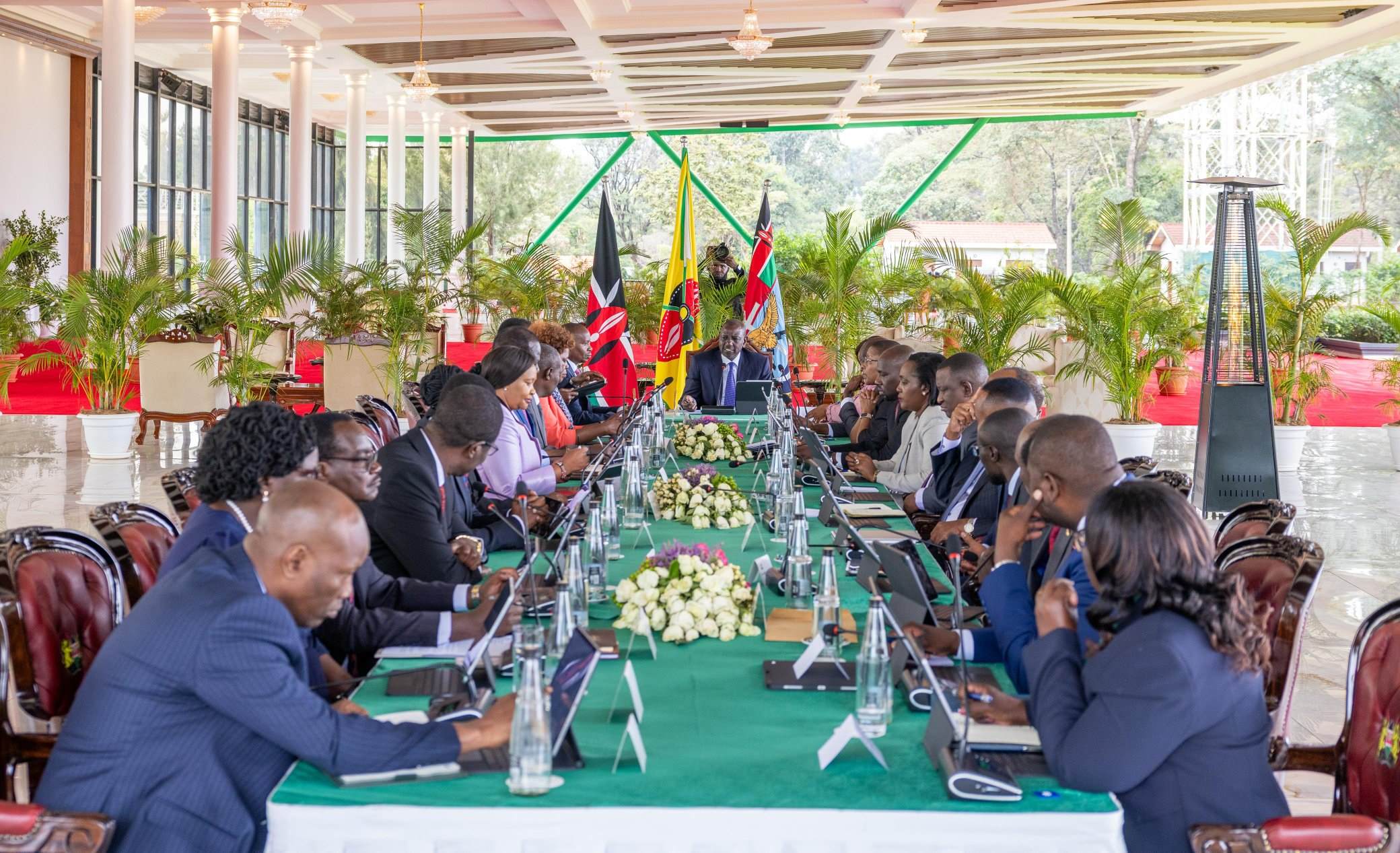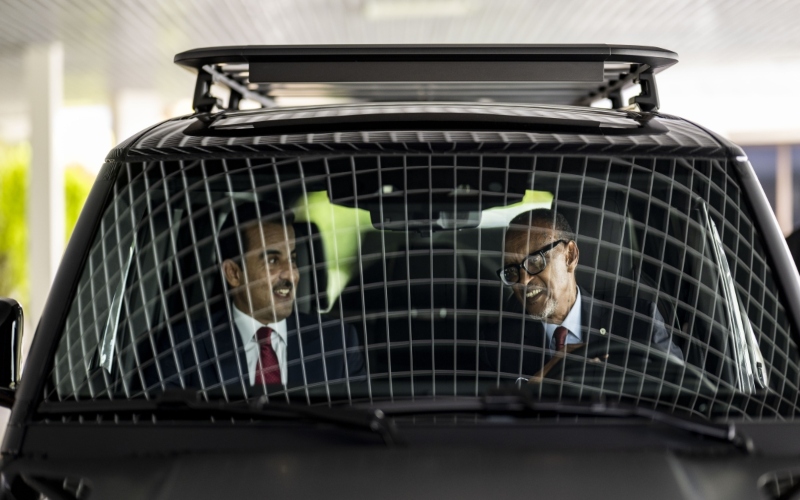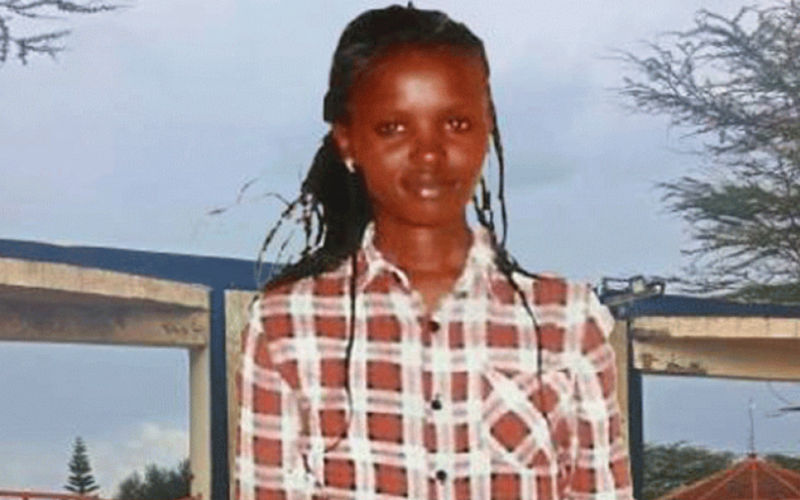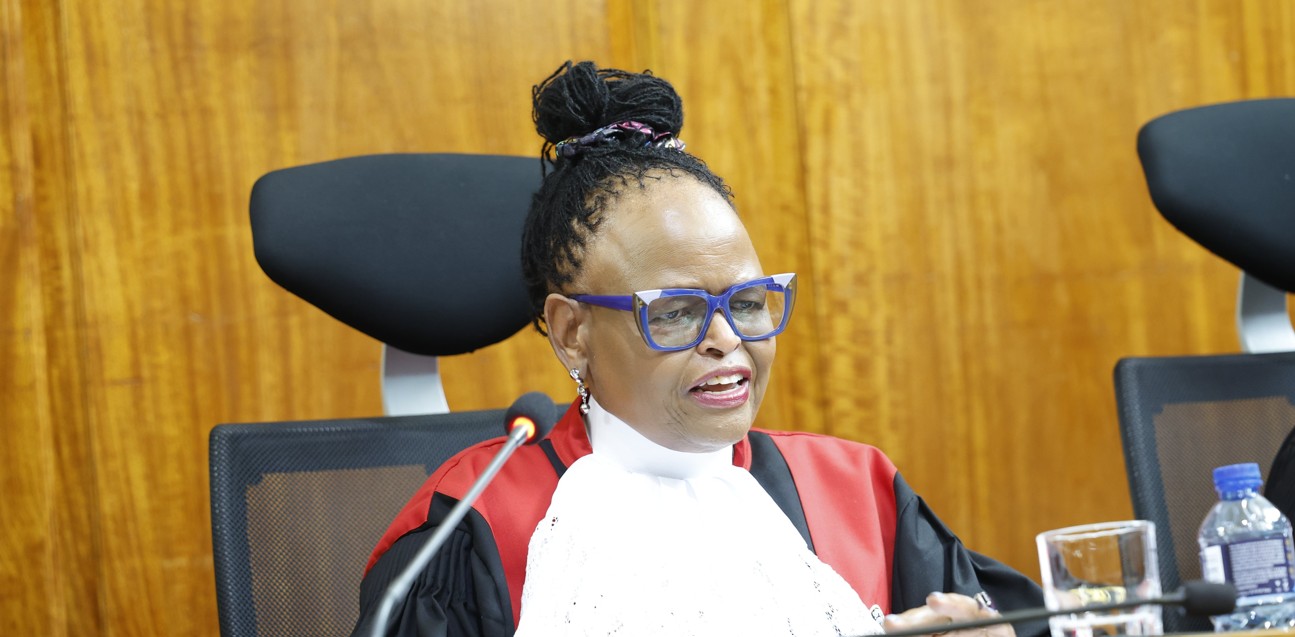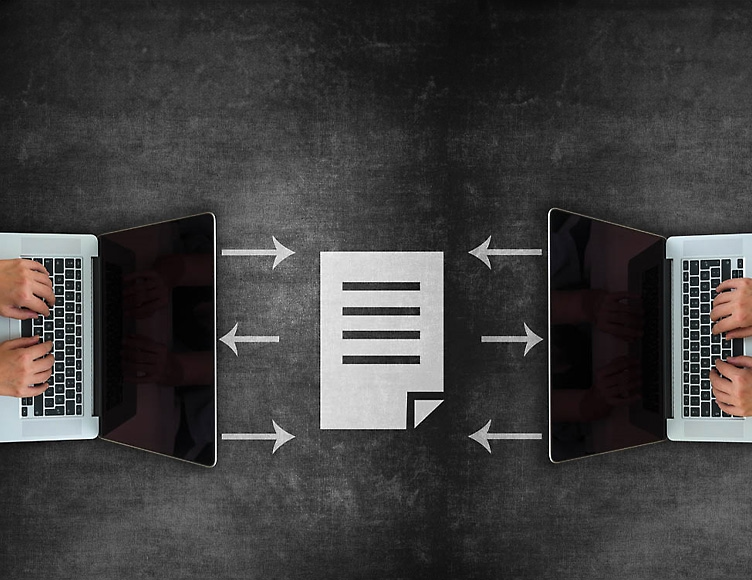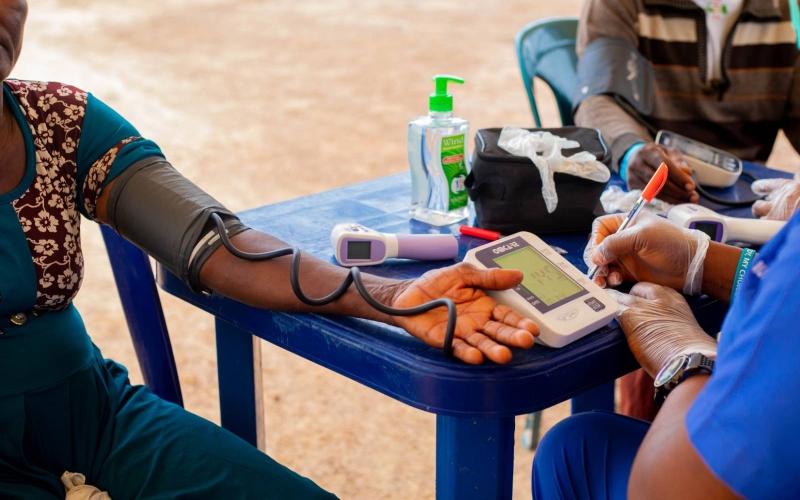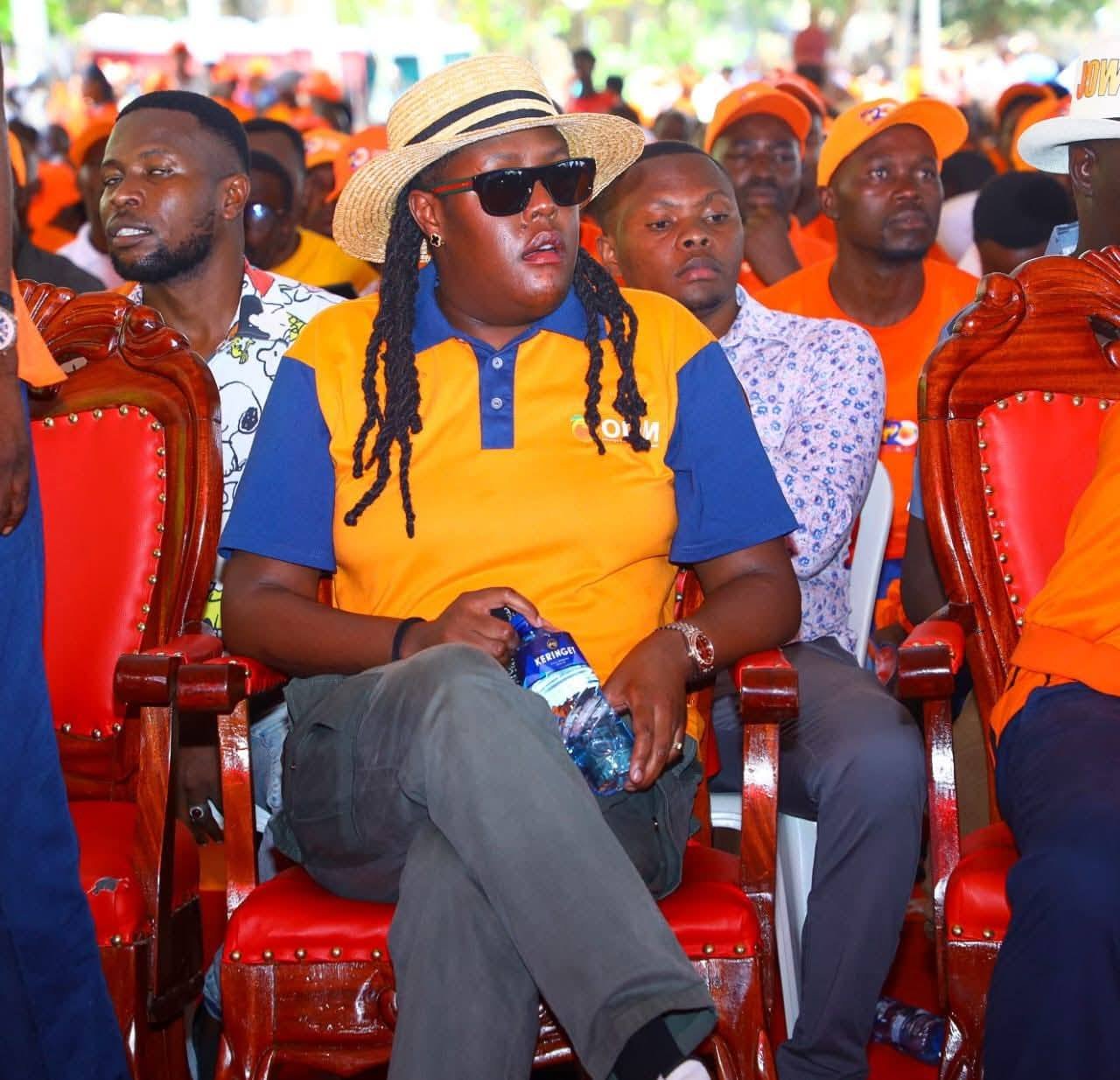Congo: Are M23 rebels really advancing toward Kinshasa?
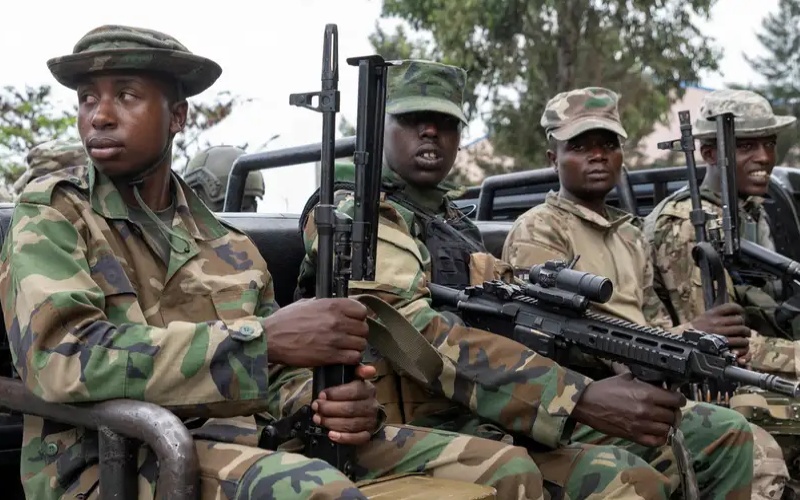
In the Democratic Republic of Congo, M23 rebels have threatened to overthrow the government in Kinshasa. But experts say that the escalating war could be nothing more than a means of influencing peace talks in Doha.
In the Democratic Republic of Congo, one of the leaders of the M23 rebels threatened to overthrow the government of President Felix Tshisekedi this week, shortly before a new round of talks in Qatar. Kinshasa responded by reaffirming its confidence in the strength of its national army.
The rebels, who occupy large parts of the North Kivu and South Kivu provinces in eastern DR Congo, have reportedly stationed more than 7,000 recruits in the area.
More To Read
- M23 rebels hands over minors taken from conflict zones in North Kivu, DRC
- UN decries ‘truly horrific’ massacres in DR Congo
- MONUSCO condemns ADF attacks that killed 89 civilians in North Kivu
- Rwanda, DR Congo talks move into ‘phase two’
- Truck that overturned in Uasin Gishu was ferrying natural rubber latex to DRC
- Over 5,000 Rwandans stream back from DR Congo after Qatar peace agreement
Last week, nearly 9,000 more were said to have completed their training, according to a statement by the group.
Overthrowing a 'bad regime' or sabre-rattling?
At the graduation ceremony of the new fighters in Tchanzu, North Kivu province, General Sultani Makenga, a senior military leader in M23 and its allied groups, announced the rebels' determination to overthrow what he called the "bad regime" in Kinshasa.
However, experts say that this increasing sense of sabre-rattling could simply be a means of trying to exert influence on the ongoing peace talks, which are set to resume this week.
"This threat from the rebels is nothing new," says Onesphore Sematumba, an analyst at the International Crisis Group for the eastern Congo region, adding however that "(t)he overthrow of the government remains a long-term goal" of the rebels' alliance.
According to Yvon Muya, a researcher at the School of Conflict Studies at Saint Paul University in Ottawa, Canada, the rebels and the government are trying both to strengthen their respective positions in the upcoming negotiations by doubling down on their combative statements:
"Each side continues to position itself strategically. Sometimes by sharpening its weapons, both literally and figuratively," Muya told DW.
Alex Vines, head of the Africa program at the London-based Chatham House think tank, believes that the rebels' threat should not be taken seriously:
"M23 regularly threatens to overthrow Felix Tshisekedi's government in Kinshasa, but the reality is that they do not have the capacity or logistical supplies to advance on Kinshasa," Vines told DW.
"It's all political posturing, I wouldn't take it too seriously.
Heated rhetoric in response to Kabila verdict
Sematumba, meanwhile, also cites the recent conviction of former President Joseph Kabila in absentia as another reason for this heated rhetoric, which he believes will cast a long shadow over the upcoming Doha talks:
"The conviction of Joseph Kabila is likely to sabotage the Doha process and could trigger a renewed, large-scale war with unpredictable consequences," Sematumba told DW.
Last week, a military court in Congo found former President Kabila guilty of high treason and war crimes, imposing the death penalty on the former leader.
The former president, who ruled the resource-rich Central African country from 2001 to 2019, was also found guilty of glorifying crimes, conspiracy, and allegedly planning a coup d'état.
The charges relate to the former president's role in the current conflict between the government and the M23 militia, which conquered large areas in the eastern part of the country earlier this year.
Kabila lives in exile, reportedly in South Africa, and has denied the charges.
For President Tshisekedi's Union for Democracy and Social Progress (UDPS) party, the threat of a takeover by M23 militia appears to be of little concern: Christian Lumu Lukusa, a senior member of the UDPS, told DW that "President Tshisekedi will never be overthrown by puppets controlled remotely from Kigali or elsewhere," referring to widely accepted allegations that the rebels are propped up by the Rwandan government.
"As for their alleged reinforcement, they should know that the DR Congo is not a playground," Lukusa further stressed, adding that while the government and the army are on stand-by, the people of the DRC are also determined to "put an end to all this nonsense."
Muya says he regrets the fact that the rhetoric on both sides is reminiscent of a verbal competition, which is commonplace in an active military context rather than the context of a peace process.
"That is the case today because, as we can see, the conflicts are continuing. The protagonists often try to strengthen their position at the negotiating table," Muya surmises.
Peace talks at an impasse
However, meanwhile, the negotiations remain at an impasse, according to Henri-Pacifique Mayala, a researcher at the Ebuteli Institute and coordinator of the Kivu Security Barometer.
Given the failure of progress in the talks on both sides, Mayala believes that it is all a case of much ado about nothing:
"Since military logic has never been ignored in the strategy of the two parties to the conflict, I am more inclined to believe that the current status quo will be prolonged rather than that the balance of power will be reversed," he told DW.
"Or that there will be advances beyond the areas already controlled by the M23 rebellion."
Top Stories Today

